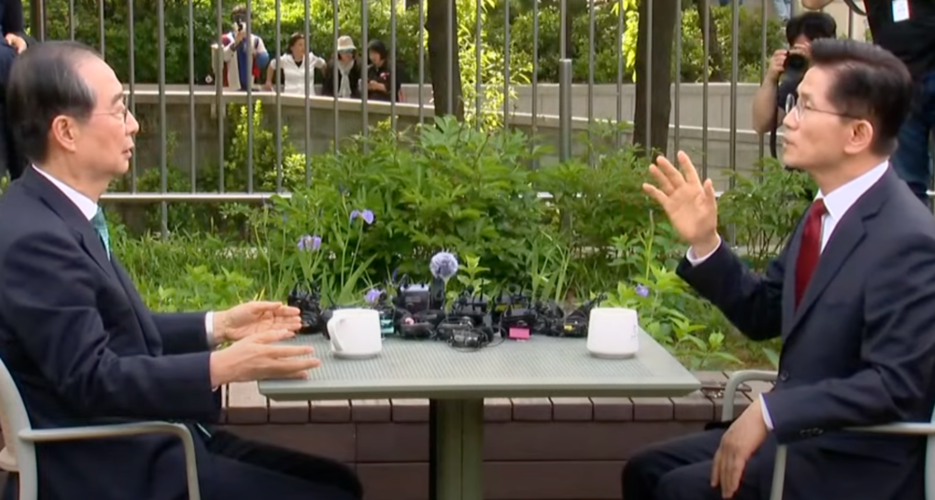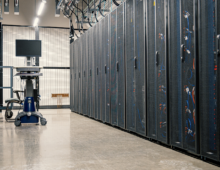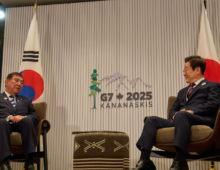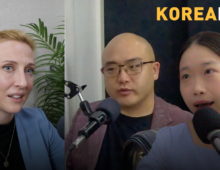Electoral math suggests a path for conservative victory, but leadership disputes may cost the right its most viable shot
South Korea’s fractured conservative bloc is rapidly undermining its own chances of mounting a serious challenge to Democratic Party (DP) frontrunner Lee Jae-myung, with just three days left before the May 11 candidate registration deadline.
What was once envisioned as a tactical merger between People Power Party (PPP) nominee and former labor minister Kim Moon-soo and independent candidate and former Acting President Han Duck-soo has devolved into a public power struggle, with internal discord threatening to derail the formation of a unified conservative ticket.
South Korea’s fractured conservative bloc is rapidly undermining its own chances of mounting a serious challenge to Democratic Party (DP) frontrunner Lee Jae-myung, with just three days left before the May 11 candidate registration deadline.
What was once envisioned as a tactical merger between People Power Party (PPP) nominee and former labor minister Kim Moon-soo and independent candidate and former Acting President Han Duck-soo has devolved into a public power struggle, with internal discord threatening to derail the formation of a unified conservative ticket.
Get your
KoreaPro
subscription today!
Unlock article access by becoming a KOREA PRO member today!
Unlock your access
to all our features.
Standard Annual plan includes:
-
Receive full archive access, full suite of newsletter products
-
Month in Review via email and the KOREA PRO website
-
Exclusive invites and priority access to member events
-
One year of access to NK News and NK News podcast
There are three plans available:
Lite, Standard and
Premium.
Explore which would be
the best one for you.
Explore membership options
© Korea Risk Group. All rights reserved.
No part of this content may be reproduced, distributed, or used for
commercial purposes without prior written permission from Korea Risk
Group.












